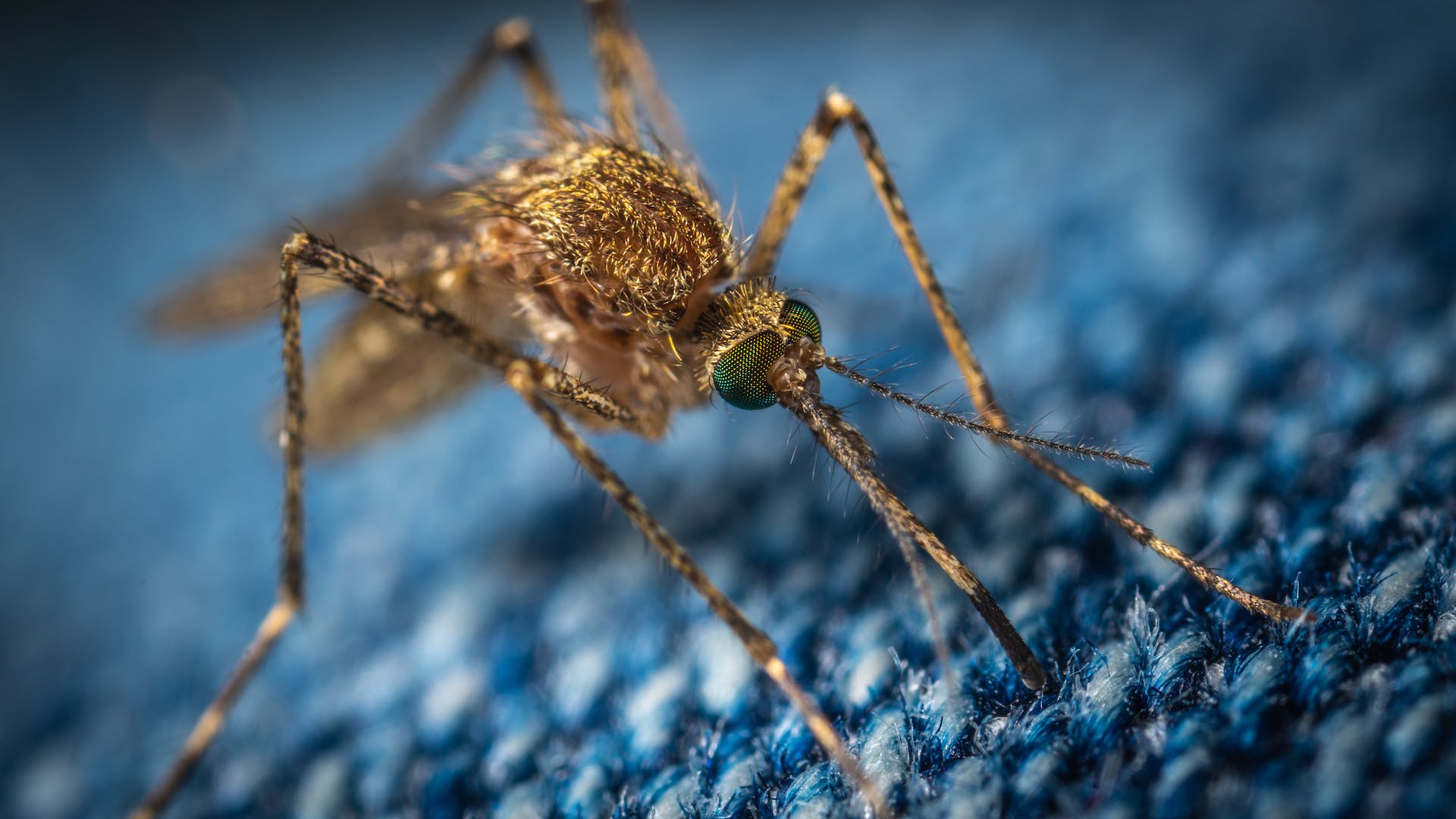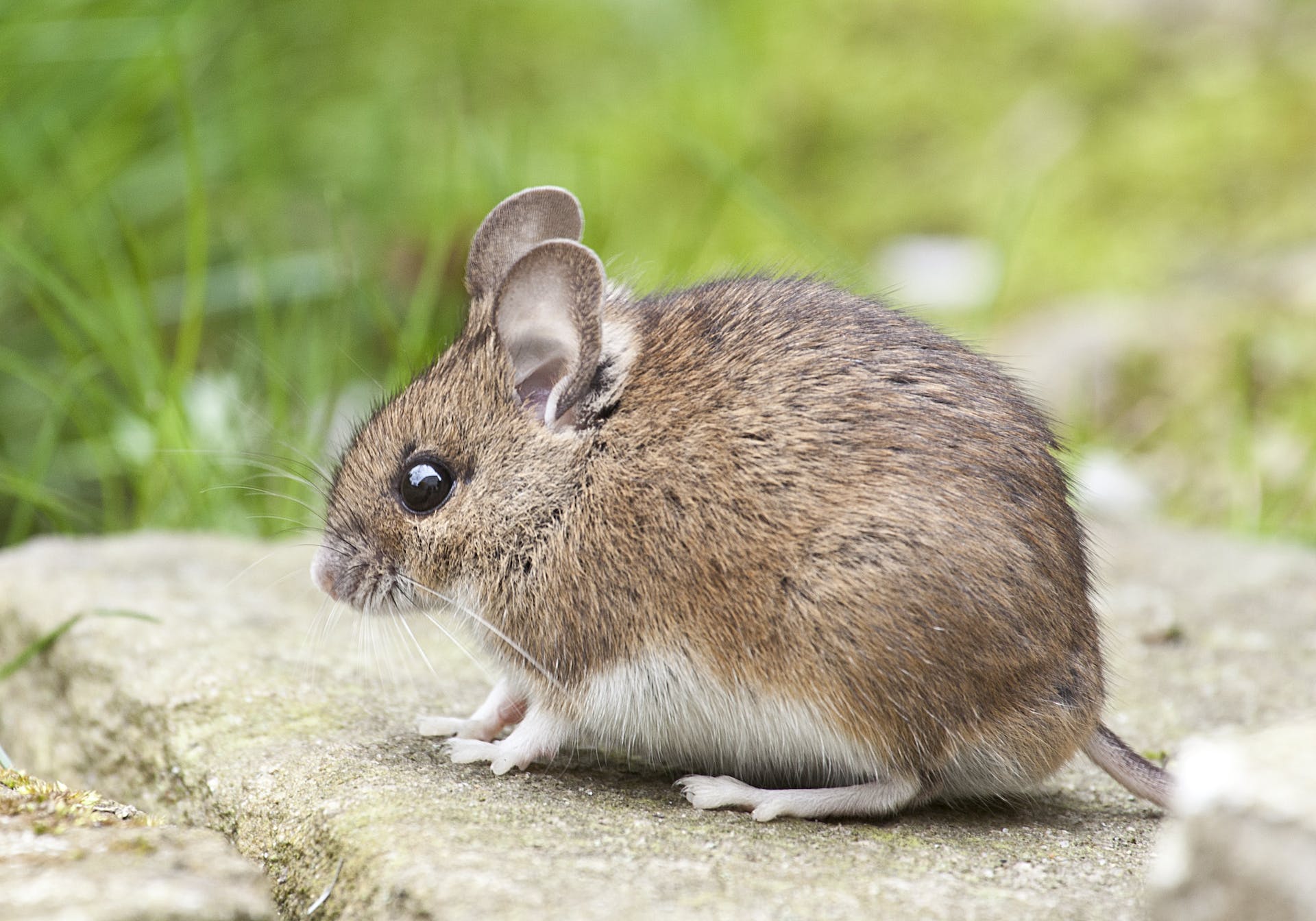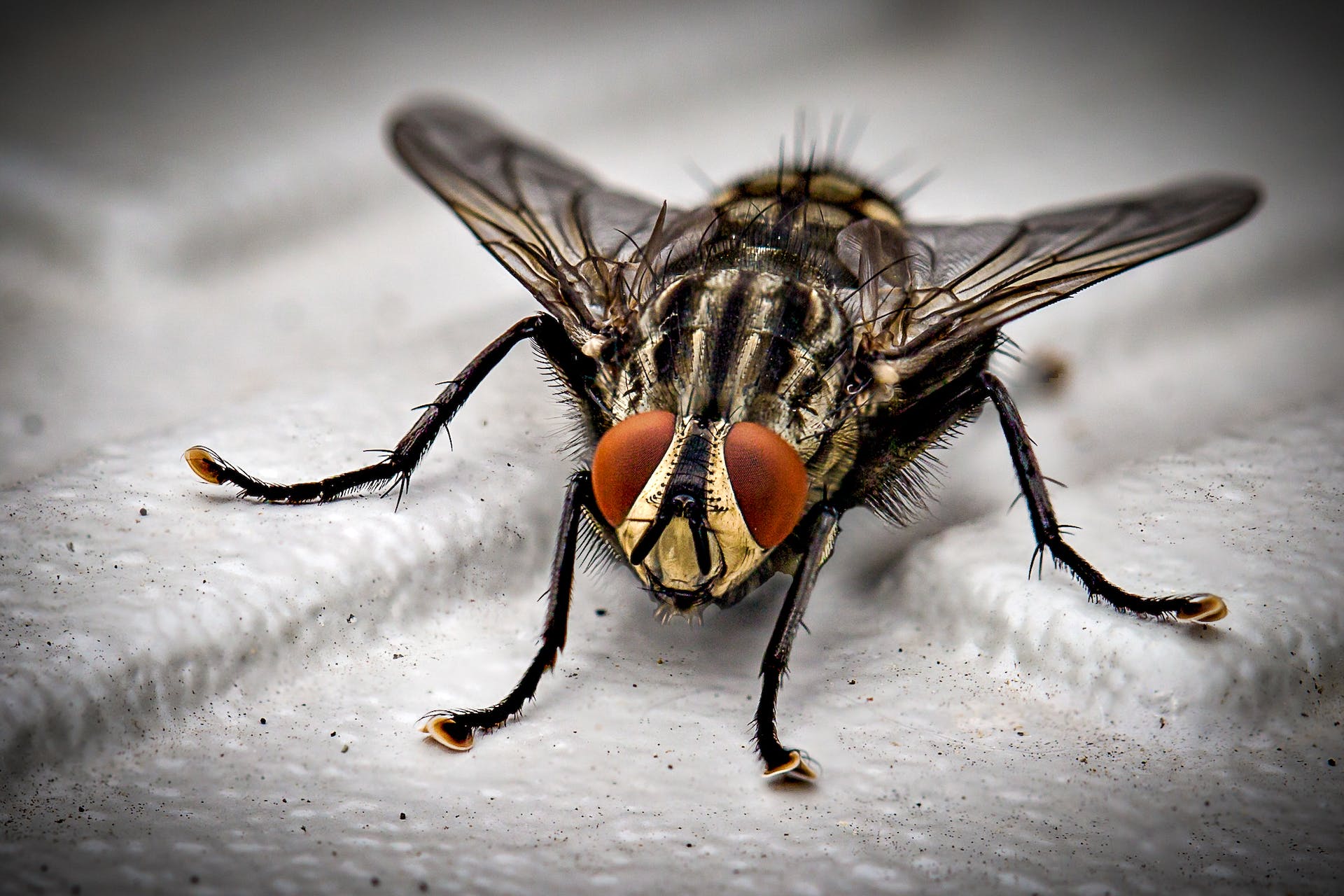Pest control is an essential aspect of maintaining a healthy and comfortable home environment, especially in areas like Coralville. However, there are many misconceptions about pest control that can lead to ineffective practices or even exacerbate the problem. This article aims to debunk some of the most common myths prevalent in Coralville and provide accurate information to help homeowners make informed decisions about pest control.
Myth 1: Pests Only Infest Dirty Homes
One of the most persistent misconceptions is that pests only target dirty or poorly maintained homes. While cleanliness can be a deterrent, it is not a foolproof method of pest prevention. Pests are primarily in search of food, water, and shelter, which can be found in even the cleanest homes. Ants, for instance, can be attracted to the smallest food particles, and mosquitoes seek stagnant water, which can accumulate in various places around a well-kept yard.
Myth 2: DIY Solutions Are Just as Effective as Professional Services
Do-It-Yourself (DIY) pest control solutions have gained popularity, but they are not always as effective as professional services. Over-the-counter pesticides might provide temporary relief but often fail to address the root cause of the infestation. Professionals have access to more potent treatments and possess the expertise to identify and treat the source of the problem, leading to more lasting solutions.
Myth 3: No Visible Pests Means No Pest Problem
Another common myth is that if you don’t see pests, you don’t have a pest problem. Many pests, like termites and rodents, can remain hidden for a long time, causing significant damage before they are detected. Regular inspections by professionals can help uncover hidden infestations and prevent extensive damage.
Myth 4: All Pesticides Are Harmful to Humans and Pets
While some pesticides can be harmful, modern pest control practices and products have evolved significantly. Many pest control companies in Coralville now use eco-friendly and pet-safe products that are effective against pests but pose minimal risk to humans and animals. It’s essential to discuss your safety concerns with your pest control provider.
Myth 5: Cheese Is the Best Bait for Mice
The image of mice loving cheese is ingrained in popular culture, but it’s not entirely accurate. Mice are more attracted to high-carbohydrate foods like peanut butter or sweet fruits. Using the right bait is crucial in effectively trapping mice.
Myth 6: Bedbugs Are Only Found in Beds
While bedbugs are commonly found in beds, they can inhabit many other areas of a home, including furniture, clothing, and luggage. Effective bedbug control requires a comprehensive approach that targets all potential hiding spots.
Myth 7: Pest Control Is a One-Time Solution
Many homeowners believe that a single pest control treatment is sufficient. However, pest control is an ongoing process. Continuous monitoring and preventative measures are necessary to keep pests at bay, especially in areas prone to specific infestations like Coralville.
Understanding the realities of pest control is crucial for effective pest management in Coralville. By dispelling these common myths, homeowners can adopt more effective strategies to protect their homes from pests. Regular professional inspections, targeted treatments, and an awareness of the specific challenges of the local environment are key components of successful pest control.



